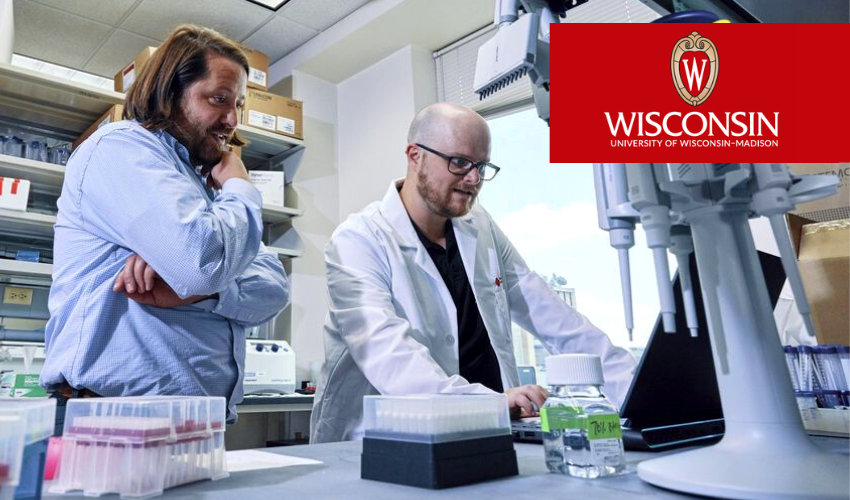Growing a New Type of Organ Donor: UW-Madison NF Research Lab
Author: Amy Dockser Marcus, The Wall Street Journal
Published On: 10/12/2022

Not enough human organs are available for all the people who need life-saving transplants, despite longstanding efforts to solve the problem. So scientists are turning to a new group of potential donors: pigs.
They are launching projects that may ultimately lead to the creation of so-called personal pigs—animals that are designed to serve as ideal organ donors for specific people or that have the same genetic change driving a disease as a human does, allowing for testing and research.
In order to make pig organs more suitable for human transplantation, scientists must make gene edits in pig DNA. The surfaces of pig cells contain a sugar molecule that can trigger the human immune system to attack and reject pig organs. Advances in Crispr, a gene-editing technology, have opened up new possibilities for scientists to make those gene edits, and even one day personalize them for specific patients and diseases. They insert the edited DNA into a pig egg cell whose nucleus has been removed. The egg cell is then transferred to the uterus of a sow. The sow gives birth to pigs whose cells, including those in the organs, contain the edited genes.
Scientists at the University of Wisconsin-Madison are also exploring ways to customize pigs to address other medical problems. The scientists are using gene editing to create pigs with gene mutations that cause the disease neurofibromatosis type 1, or NF1. Around one in 3,000 babies in the U.S. is born with the condition, which can cause tumors on nerve tracts in the skin and eyes, learning disabilities and gastrointestinal problems.
The eventual goal, says Dhanansayan Shanmuganayagam, a professor at the university who leads the project, is to create a personal pig for every child with NF1. The research on customizing pigs could also bring lessons that apply to xenotransplantation, another area in which Dr. Shanmuganayagam is involved.
In the NF1 research, clinicians could potentially test drugs on personal pigs to see if they work before giving them to the children. Pigs, which mature more rapidly than children, offer a peek into the future of individual children, and could allow for earlier or better intervention, Dr. Shanmuganayagam said.
Read the full story in The Wall Street Journal.
Want to view archived newsletters? Click Here!
Newsletter
Sign up to receive the latest neurofibromatosis news and information in your inbox!
Subscribe